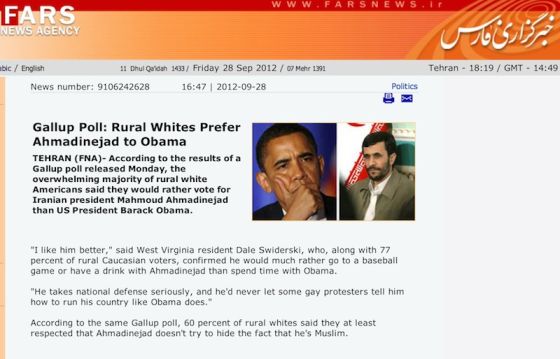The Saudi-owned Al Arabiya might not be the most reliable source, but if the following story is genuine, Turkey’s role in the war in Syria may be about to significantly escalate.
As political tensions mount between neighboring Syria and Turkey, newly-leaked Syrian intelligence documents obtained by Al Arabiya disclose shocking claims shedding light on the dreadful fate of two Turkish Air Force pilots.
Contrary to what was publically claimed, the documents reveal that the pilots survived the crash, but were later executed by the regime of Syrian President Bashar al-Assad!
This disclosure is the first in a series of revelations based on a number of newly-leaked and highly classified Syrian security documents which will be aired in a special program produced by Al Arabiya over the next two weeks; the channel’s English portal – http://english.alarabiya.net – will be carrying a subtitled version of the program on daily basis as well as publishing downloadable copies of the leaked documents.
The documents were obtained with the assistance of members of the Syrian opposition who refused to elaborate on how they laid hand on the documents.
Al Arabiya said that it has verified and authenticated hundreds of these documents and that it is has decided to disclose the ones with substantial news value and political relevance. [Continue reading…]


